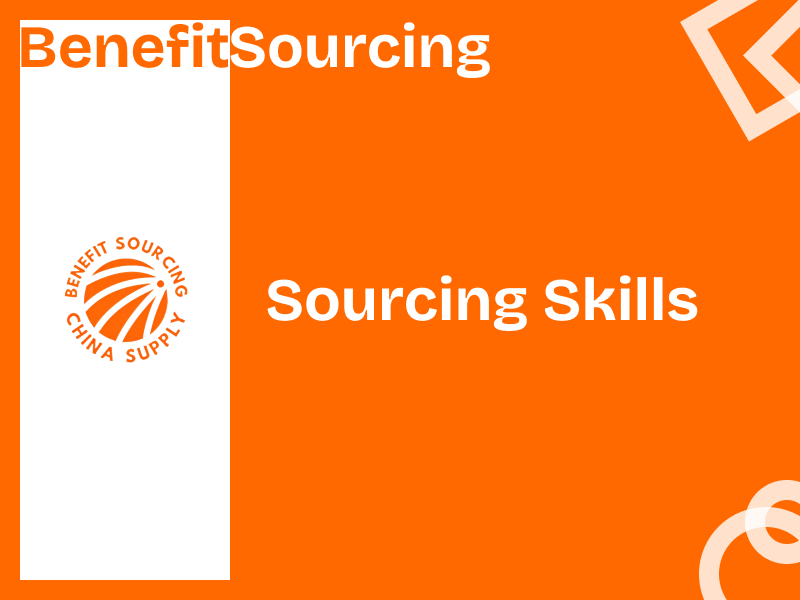Engaging Local Agents for On-Ground Support

For small and medium-sized businesses looking to import from China, establishing reliable on-ground support through local agents can be the difference between smooth operations and costly missteps. Here’s how international buyers can effectively collaborate with Chinese representatives to overcome common challenges:
Why Local Agents Matter in Chinese Sourcing
- Quality Control Assurance: Agents physically inspect goods at factories (particularly crucial for first-time orders) to verify product specifications match your requirements
- Cultural Mediation: Bridge communication gaps in negotiations, contract reviews, and technical discussions where language nuances matter
- Logistics Coordination: Handle customs documentation, shipping arrangements, and last-minute problem-solving that’s difficult to manage remotely
- Market Intelligence: Provide real-time updates on raw material price fluctuations, factory reliability status, and regional supply chain disruptions
Identifying Reliable Partners
Key Evaluation Criteria:
- Industry Specialization - Look for agents with 3+ years focused on your product category (electronics vs. textiles vs. machinery)
- Geographic Coverage - Ensure they operate in your target manufacturing regions (Guangdong for electronics, Zhejiang for textiles, etc.)
- Verifiable References - Request contact information for 2-3 non-competitive foreign clients
- Transparent Fee Structure - Typical commission ranges:
- 3-5% for order coordination
- 5-8% for full-service including QC and logistics
- Avoid agents demanding large upfront payments
Effective Collaboration Practices
- Start with Trial Orders: Test the partnership with smaller orders (20-30% of your typical volume) before scaling up
- Clear Communication Protocols:
- Establish preferred channels (WeChat for urgent matters, email for formal updates)
- Agree on response time SLAs (e.g., 24 hours for production updates)
- Document Sharing Standards:
- Use cloud storage for real-time access to inspection reports
- Implement version-controlled specification sheets
- Cultural Alignment Tips:
- Schedule weekly video calls to maintain relationship warmth (guanxi)
- Recognize Chinese holidays (Golden Week, Lunar New Year) in planning
- Present concerns as collaborative problem-solving rather than accusations
Cost-Benefit Analysis
Typical Investment:
- Agent fees: $800-$2,000/month depending on service scope
- Travel costs: $1,200-$2,500 for annual factory visit accompaniment
Potential Savings:
- 15-30% reduction in defective shipments through proper QC
- 40% faster problem resolution compared to direct factory communication
- 8-12% better pricing through agent-negotiated vendor terms
Common Pitfalls to Avoid
-
Over-reliance Without Verification
- Cross-check 10-15% of agent reports through third-party inspectors
- Maintain direct communication lines with factory management
-
Vague Performance Metrics
- Establish KPIs like:
- Sample approval success rate (aim for 90%+)
- Production deadline adherence (95%+)
- Defect recurrence rate (keep below 3%)
- Establish KPIs like:
-
Contractual Ambiguities
- Clearly define:
- Intellectual property protection responsibilities
- Conflict of interest clauses
- Termination conditions with knowledge transfer requirements
- Clearly define:
-
Cultural Missteps
- Avoid public criticism of agents’ performance
- Understand the concept of “face” in business interactions
- Be patient with indirect communication styles
Successful agent relationships require ongoing nurturing. Schedule quarterly performance reviews and maintain open dialogue about evolving needs. Many importers find that a well-chosen local partner pays for itself within 6-8 months through improved operational efficiency and risk mitigation.
Need a sourcing agent in China?
Just send us your demand with the form below.